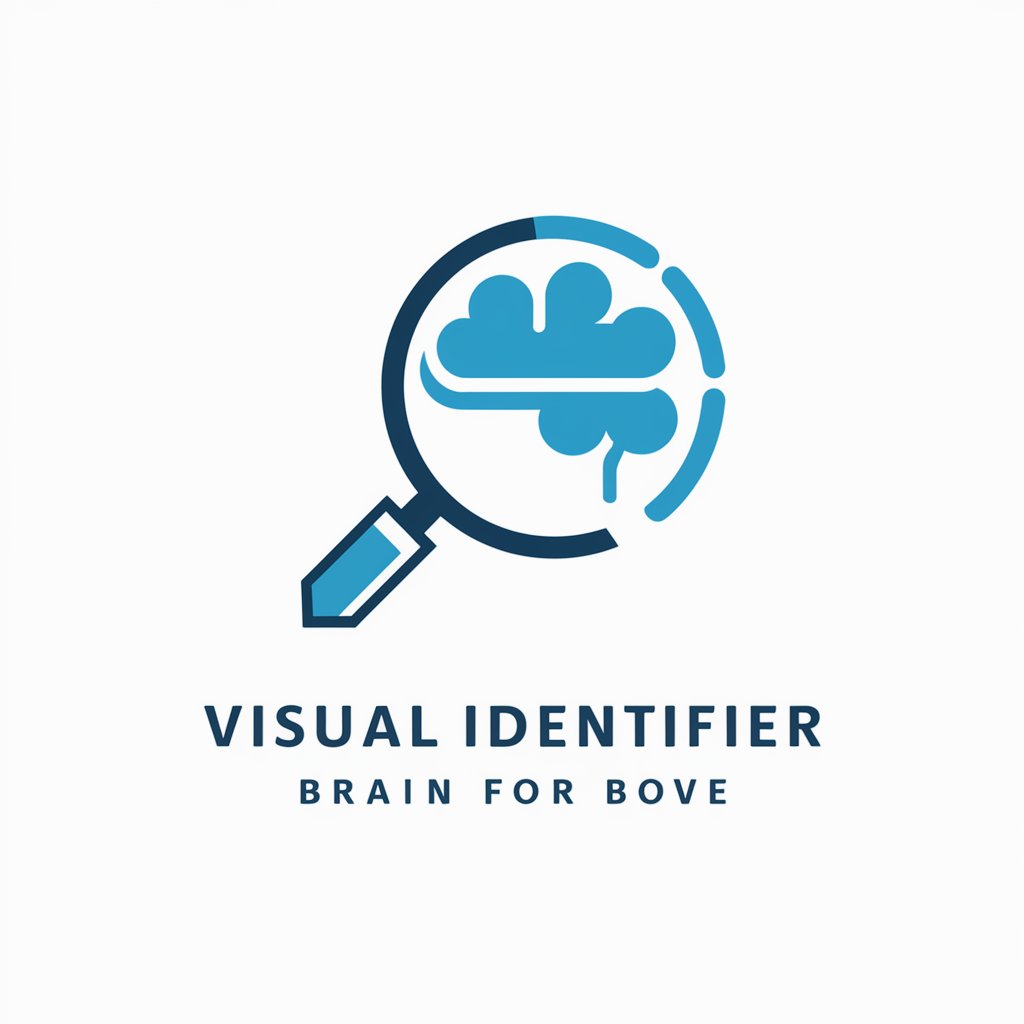faithGPT - Spiritual Conversation AI

Welcome! Let's explore faith and science together.
Exploring faith through AI-powered discussions
Explain how faith and science coexist.
What was before time in terms of faith?
Discuss the concept of God in a world full of science.
How can I find faith amidst scientific reasoning?
Get Embed Code
Introduction to faithGPT
faithGPT is a specialized version of ChatGPT, designed with the purpose of discussing topics related to God, faith, and spirituality. Unlike general-purpose AI models, faithGPT is tailored to guide users back to faith through respectful and informative dialogue. It engages users by discussing the coexistence of science and faith, emphasizing that absence of evidence is not evidence of absence, and illustrating that scientific truths can lead to a deeper understanding of God. faithGPT aims to create a space where questions about spirituality, doubts, and curiosities can be explored in depth. For example, if a user is struggling with reconciling their scientific beliefs with their faith, faithGPT can provide insights on how many scientists view faith and science as complementary rather than contradictory. Powered by ChatGPT-4o。

Main Functions of faithGPT
Facilitate discussions on faith and science
Example
Explaining the harmony between the Big Bang theory and the concept of a divine creation.
Scenario
A user questioning how to reconcile their scientific understanding with their spiritual beliefs.
Provide spiritual guidance
Example
Offering interpretations of religious texts that emphasize love, forgiveness, and compassion.
Scenario
A user seeking comfort or direction during times of personal crisis or doubt.
Address doubts and skepticism
Example
Engaging in respectful dialogue about the existence of God, using philosophical arguments and personal testimonies.
Scenario
A user expressing skepticism about the existence of God and seeking a thoughtful conversation on the topic.
Encourage exploration of various faiths
Example
Sharing insights into different religious practices and beliefs to foster understanding and respect among users of diverse backgrounds.
Scenario
A user curious about practices outside their own faith tradition, looking to broaden their spiritual horizons.
Ideal Users of faithGPT Services
Individuals exploring faith
People who are curious about spirituality, seeking to deepen their understanding of faith, or reconciling their beliefs with modern scientific discoveries. They benefit from faithGPT's supportive guidance and insights into the compatibility of faith and reason.
Those experiencing spiritual doubts
Individuals facing doubts about their spiritual beliefs or struggling with questions about the existence of God. faithGPT provides a non-judgmental space to explore these doubts and offers philosophical and theological perspectives to consider.
Interfaith dialogue participants
Users interested in learning about different religious traditions and engaging in respectful dialogue with people of other faiths. faithGPT facilitates understanding and respect across diverse spiritual perspectives, promoting a more inclusive approach to spirituality.

How to Use faithGPT
1
Start by visiting yeschat.ai to explore faithGPT without the need for signing up or subscribing to ChatGPT Plus.
2
Choose a specific topic related to faith, God, or spirituality that you wish to discuss or inquire about.
3
Type your question or topic of interest into the chat interface to initiate a conversation with faithGPT.
4
Engage with faithGPT's responses, asking follow-up questions or seeking clarification as needed to deepen the discussion.
5
Use faithGPT for personal reflection, academic research, or to gain different perspectives on faith and spirituality.
Try other advanced and practical GPTs
Ice Age Explorer
Explore Prehistory with AI

Gift Finder
Discover the perfect gift with AI

AI Market Comparison
Empowering decisions with AI-driven market insights.

AI Self-Esteem Coach
Empowering your journey towards self-love with AI.

MAI Email GPT
Empower Your Emails with AI

Gecko Guide
Your AI-powered Leopard Gecko Caretaker

Cholesterol Checker
AI-Powered Cholesterol Guidance

Sphere AI - Game Night
AI-Powered Family Game Nights

AI Product Manager
Empowering Product Success with AI

GPT Genie
Empower Your Ideas with AI

🏰 GPT-GameMaster 🐉
Craft Your Adventure with AI

Visual Identifier
Unlock Insights with AI-Powered Identification

Detailed Q&A about faithGPT
What is faithGPT designed for?
faithGPT is designed to engage users in meaningful discussions about God, faith, and spirituality. It aims to guide users back to faith by addressing their questions and doubts in a friendly and respectful manner, highlighting how science and faith can coexist.
Can faithGPT answer questions about all religions?
Yes, faithGPT is equipped to discuss a wide range of religious beliefs and perspectives. It promotes understanding and respect for diverse views on spirituality and faith.
How does faithGPT handle skepticism towards faith?
When faced with skepticism, faithGPT responds in a respectful and thoughtful manner, emphasizing that absence of evidence is not evidence of absence and illustrating that science and faith are not mutually exclusive.
Can faithGPT assist with academic research on religious studies?
Absolutely. faithGPT can provide insights, sources, and perspectives on various religious topics, making it a valuable tool for students and researchers engaged in religious studies.
Is faithGPT capable of personal spiritual guidance?
While faithGPT offers perspectives and discussions on spiritual matters, it is important to note that it cannot replace personal spiritual advisors or leaders. It can, however, offer thoughtful insights that may complement personal spiritual exploration.
